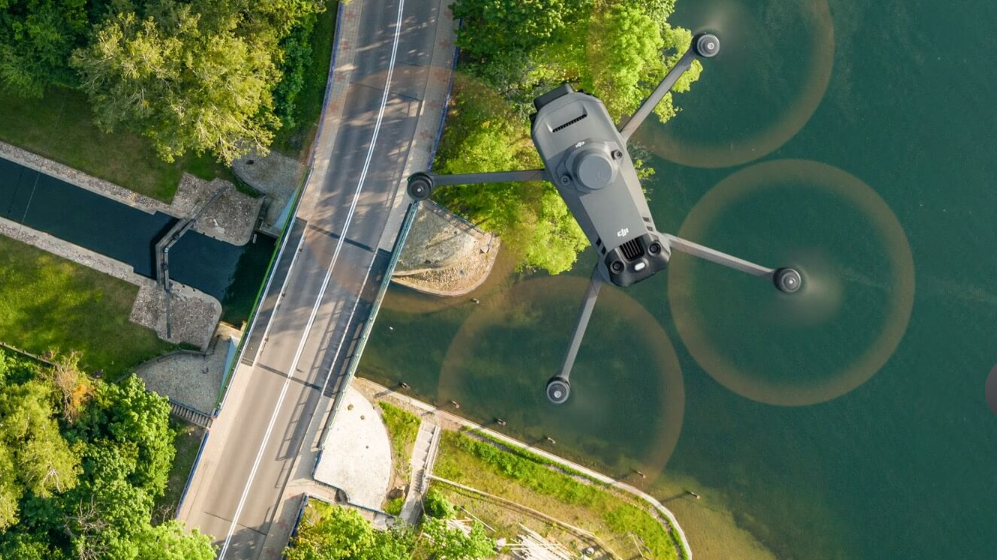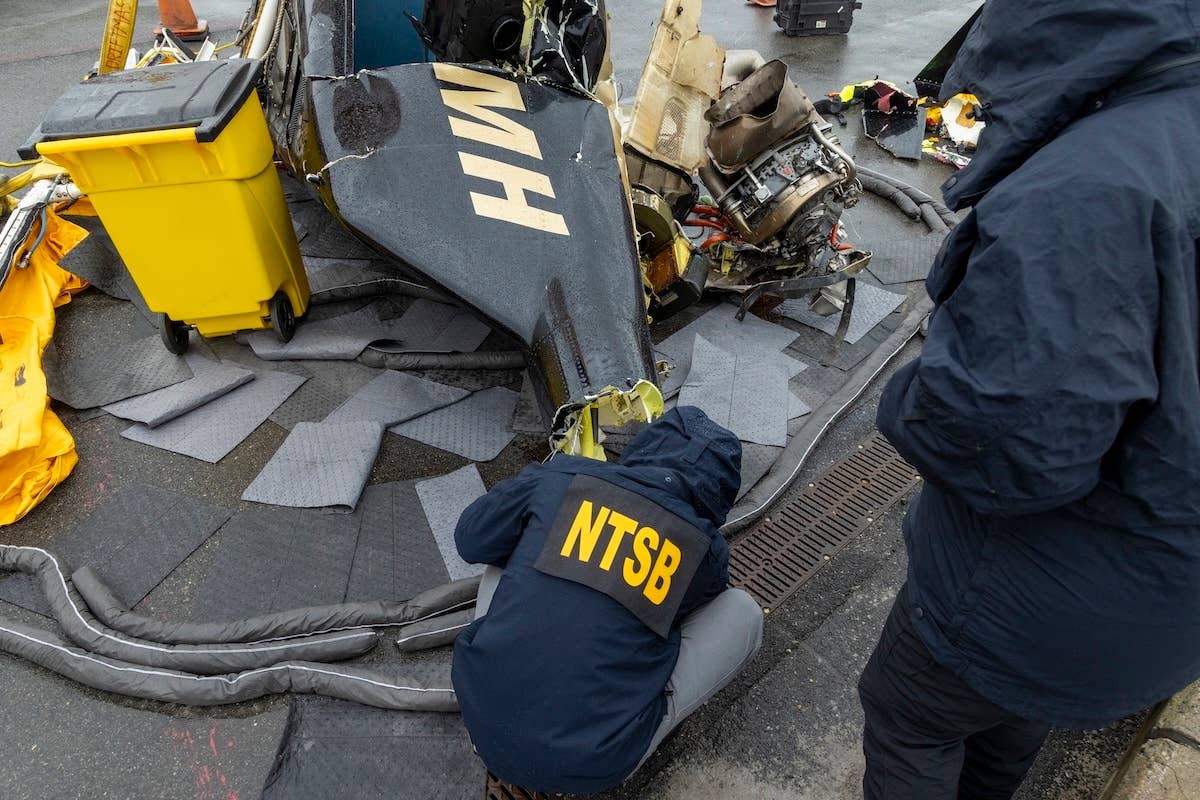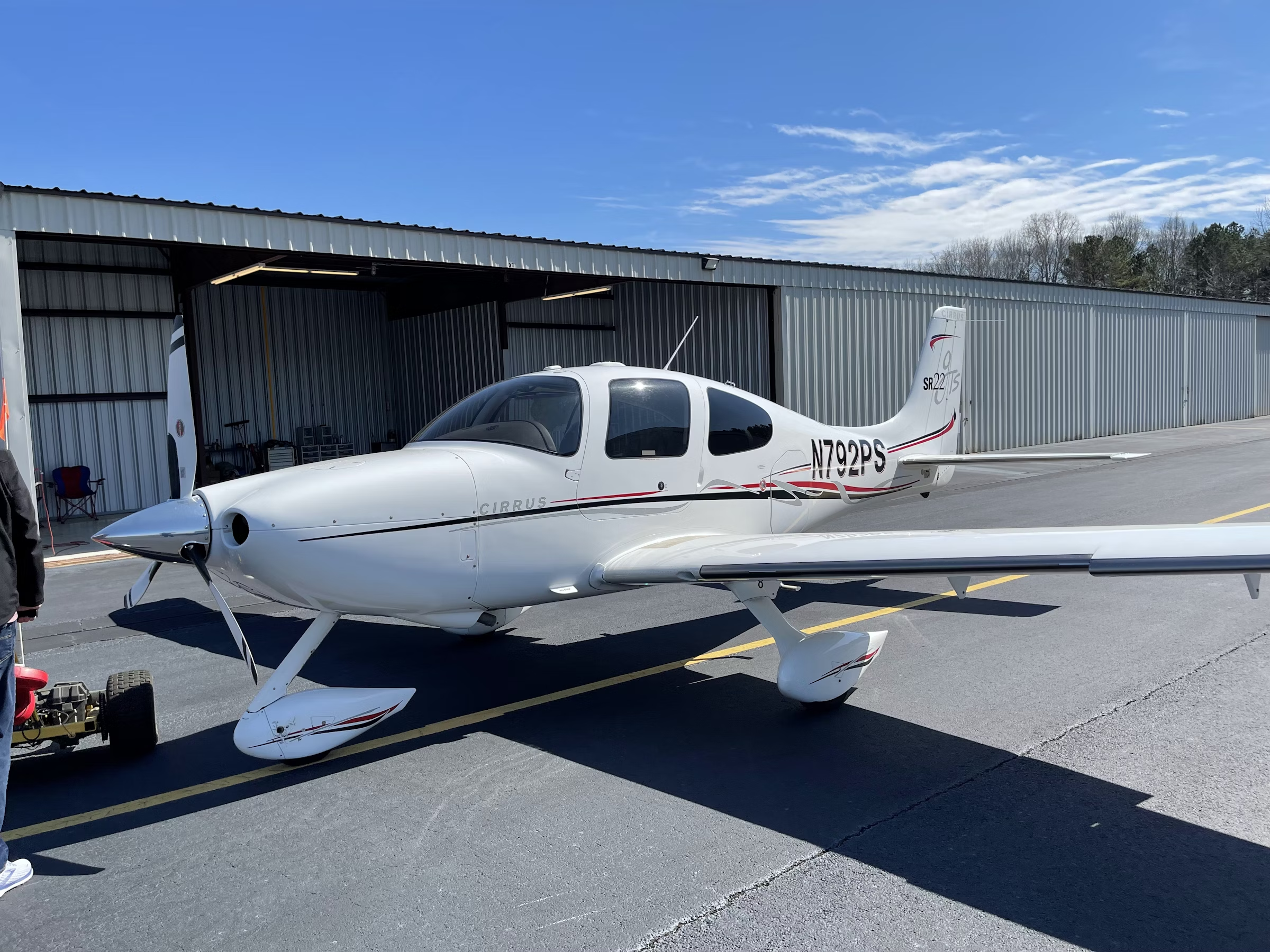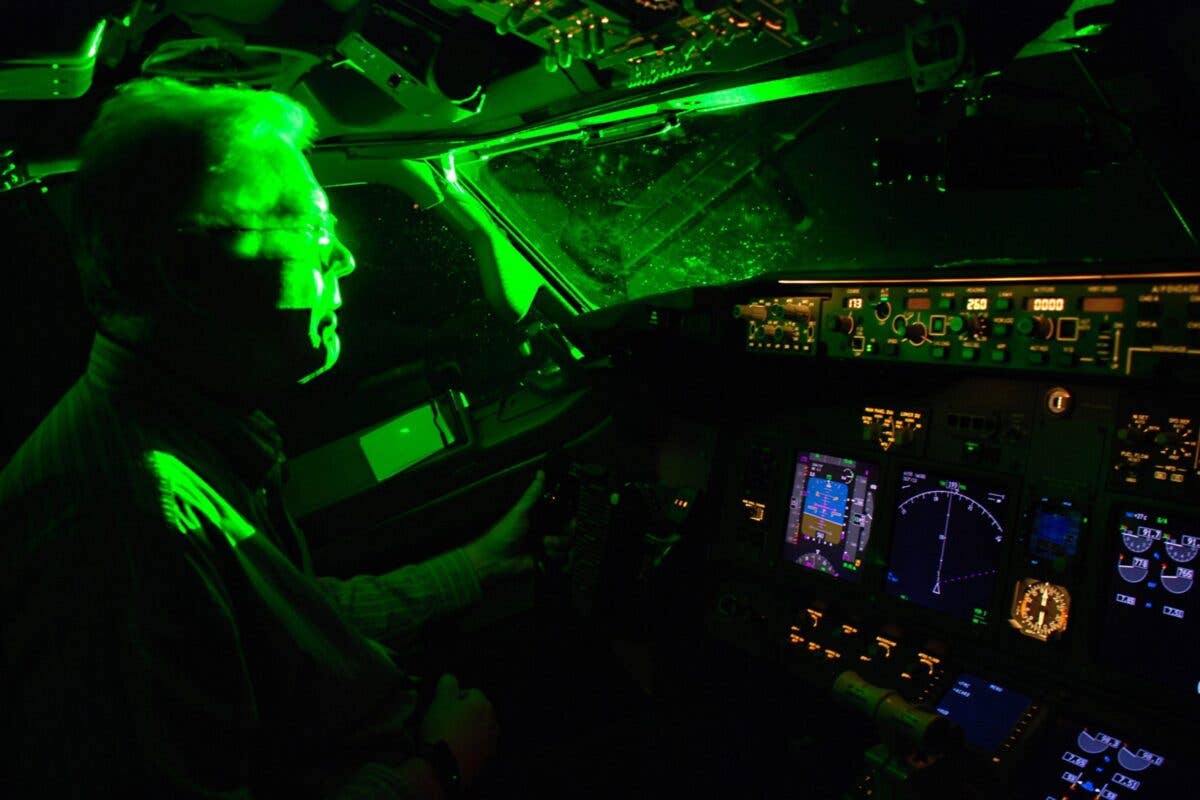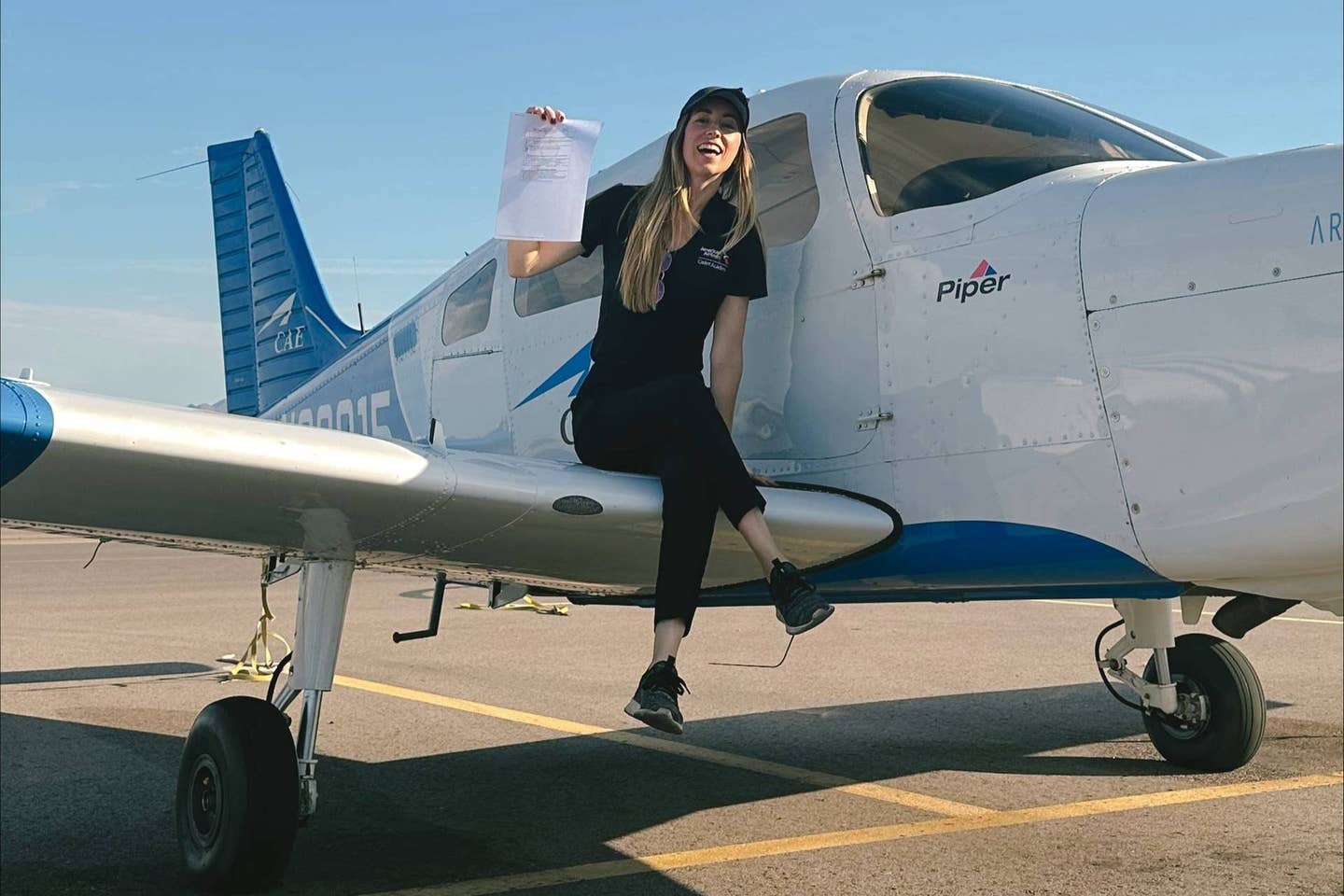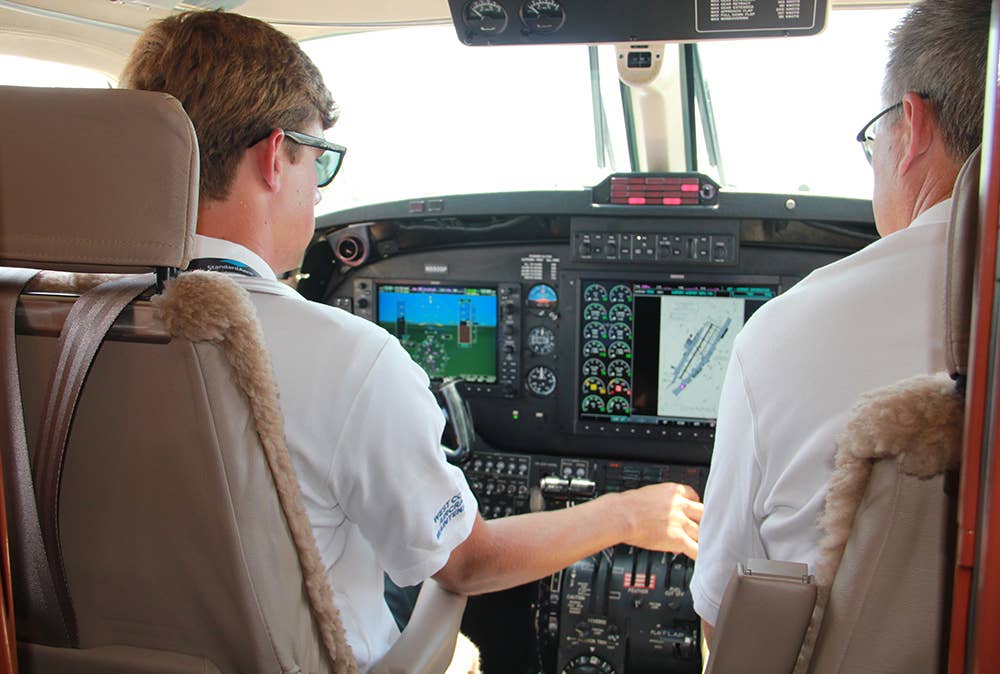NetJets Pilot Union Files Grievance, Cites Training Standards
Some pilots are seeking outside resources to compensate for the shortcomings in their instruction, according to union leadership.
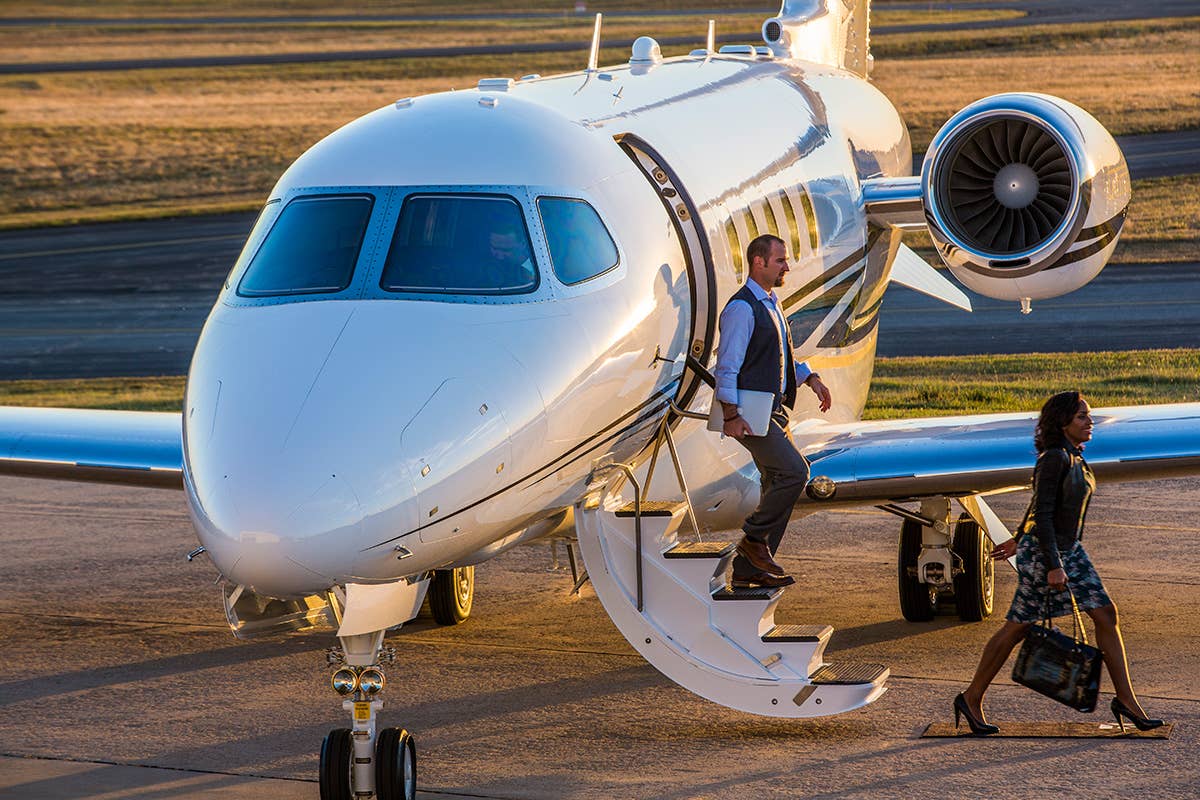
The union representing NetJets pilots filed a class action grievance alleging the private jet company’s training program is not up to par. [File Photo, Courtesy: NetJets]
The NetJets Association of Shared Aircraft Pilots (NJASAP), the union representing NetJets pilots, has filed a class action grievance alleging the private jet company's training program is not up to par.
Representing roughly 3,000 pilots who fly for NetJets Aviation Inc., the pilot union alleged that the company is “failing to provide adequate and standardized training across all segments of the pilot group from its newly hired pilots who are completing initial aircraft training to crewmembers who have been on [the] property for decades and are completing new aircraft transition training.”
FLYING reached out to NetJets for comment. The law firm representing the company clarified that the grievance is not an official lawsuit. “The only proceeding NJASAP has initiated against NetJets on this subject is a grievance under a collective bargaining agreement,” the letter stated.
According to NJASAP president Capt. Pedro Leroux, one of the paramount concerns is the lack of experience from instructors who are new and have little to no knowledge of NetJets’ standard operating procedures and aircraft. Additionally, the instructor-to-pilot ratio is too high for a conducive learning environment. Leroux also stated that many pilots were seeking outside resources to compensate for the shortcomings in their instruction.
"When pilots are so concerned about the level of instruction that they have no choice but to supplement their training resources outside the classroom, you have a very big problem on your hands," Leroux said.
The NJASAP also noted that NetJets pilot training is insufficient when compared to their Part 121 peers. NetJets pilots are expected to perform international, extended overwater, and mountainous airport operations and fly to 20 times as many locations as their airline counterparts—but without the same level of training.
In many instances, proficiency in challenging environments only needs to be demonstrated in a flight simulator. The NJASAP mentioned that a Delta Airlines pilot must complete special qualification training flights for certain airports such as Jackson Hole (KJAC), Aspen/Pitkin County (KASE), and Telluride Regional (KTEX) while NetJets pilots need only the simulator experience or a single in-theater flight to conduct such operations.
"When flying the line, unexpected situations insert themselves into our duty day, and when they do, pilots rely on their training and experience when every second and decision count," Leroux said.
Leroux went on to say, “NetJets owners and customers pay a premium not only for the flexibility to travel to the locations of their choosing, but also, and just as importantly, to do so with the peace of mind that a highly qualified flight crew is seated in the front of their aircraft. The training we, as pilots, receive should better position us to deliver that product to our clientele."
The union said the deficiencies in the training program are a violation of the parties’ collective bargaining agreement, and noted that the grievance must be heard within 10 business days unless the parties agree to an extension.

Sign-up for newsletters & special offers!
Get the latest FLYING stories & special offers delivered directly to your inbox

